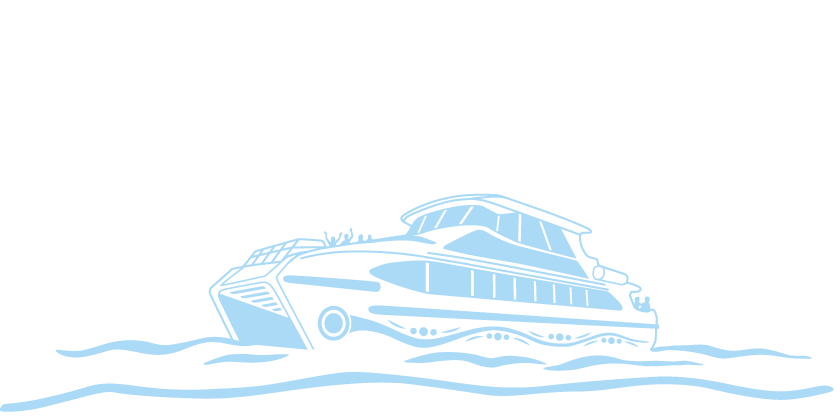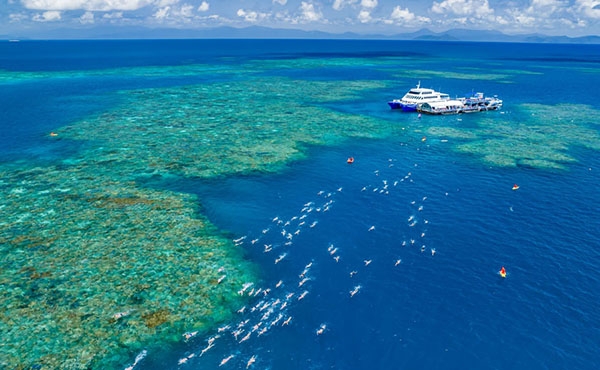Grading statements — Economic and social benefits of use
Use of the Region provides significant economic and social benefit, in ways that sustain the fundamental value of the natural resource. The Region is strongly recognised, valued and enjoyed by Catchment residents, the nation and the world community.
Use of the Region provides valuable economic and social benefit. The Region is valued by Catchment residents, the nation and the world community.
There are few and declining economic and social benefits derived from use of the Region. Many do not recognise the value of the Region and do not enjoy their visit to the Region.
Use of the Region holds little value for Catchment residents, the nation or the world community.
or
Borderline Indicates where a component or criterion is considered close to satisfying the adjacent grading statement.
Confidence
Adequate high-quality evidence and high level of consensus
Limited evidence or limited consensus
Inferred, very limited evidence
Economic and social benefits to the Region continue to be in very good condition. Despite the COVID-19 pandemic, commercial and non-commercial use contributes significantly to the Region’s economy. The Region continues to be critical for the wellbeing of Traditional Owners. Uses such as fishing and recreation contribute to health and wellbeing of people using the Region.
Tourism continues to make significant contributions to the social and economic value of the Reef. COVID-19 management restrictions affected the economy of the industry, especially during lockdown, when tourism visitation numbers declined. Visitation increased after travel restrictions lifted and is anticipated to return to pre-pandemic levels.
Training exercises involving Australian and international defence forces generate economic benefits to the Region. Areas affected by PFAS contamination are being remediated to improve health and wellbeing of communities affected.
The economic contribution of commercial and charter fishing activities has reduced in the Region due to the COVID-19 pandemic but increased for recreational fishing. Commercial and recreational fishers have a high personal connection to the Reef and a strong appreciation for the Region’s natural beauty, aesthetic and lifestyle benefits. Changes to management regimes can affect fishers’ economic and social benefits.
Recreation (not including fishing): Recreational use of the Region is important to people’s identity. Continued population growth has increased recreational activities within the Region.
Research and monitoring activities provide vital support for management of the Region (including research into intervention and restoration activities). The economic contribution of research and education in the Region since 2019 is a knowledge gap.
The Region’s ports provide significant economic and social benefit to the Queensland and national economies. Combined trade throughput had an overall decrease, reflecting the COVID-19 pandemic period, but is expected to return to pre-pandemic levels. Since 2019, two large capital work projects have progressed.
The number of ships processed through most major ports has declined since 2019 and there has been a reduction in throughput (amount imported and exported) in Queensland. The cruise ship industry was greatly affected by the COVID-19 pandemic but this industry is recovering. The level of economic contribution (both direct and value-added) from shipping in the Region remains a knowledge gap.
Traditional Owners continue to receive environmental, social and cultural benefits from traditional use of Sea Country. Since 2019, the proportion of the Region’s coastline under Traditional Use of Marine Resource Agreements has increased to more than 43 per cent.


